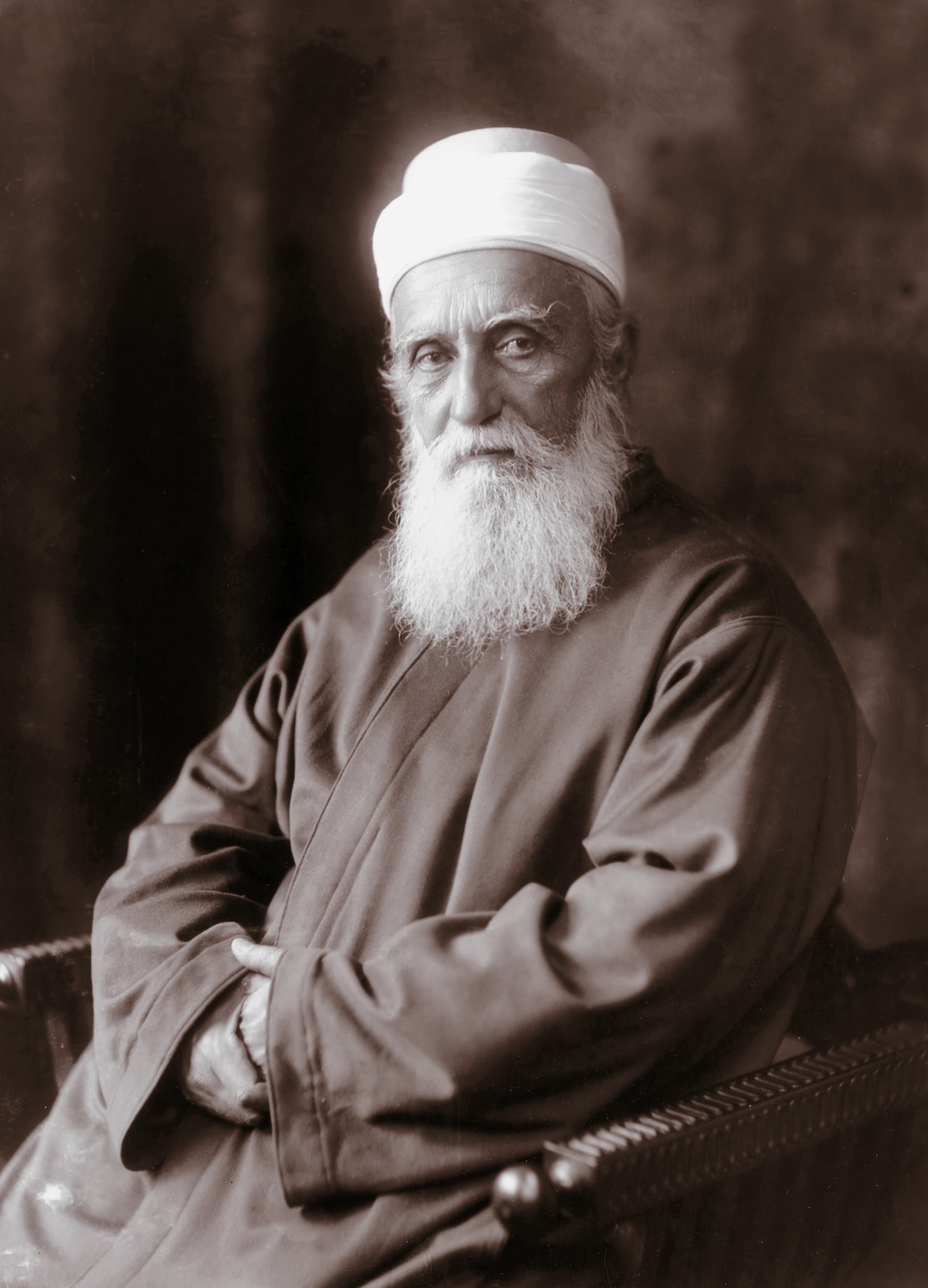The nexus of the Bahá’í Faith, ‘Akká, bears witness to a profound legacy enriched by the presence of ‘Abdu’l-Bahá, the son of Bahá’u’lláh, the Prophet-Founder of the Faith. A day spent in ‘Akká with ‘Abdu’l-Bahá is akin to embarking on a pilgrimage through a confluence of history, spirituality, and transcendental teachings, all of which help to cultivate a deep understanding of the Bahá’í principles. This narrative unfolds as a metaphorical tapestry woven from the threads of His life, actions, and teachings.
The dawn in ‘Akká heralds a sense of serenity. The first rays of the sun illuminate the ancient city, casting a warm glow upon cobblestone paths and timeworn walls. It is within this tranquil atmosphere that one can truly appreciate the significance of ‘Abdu’l-Bahá’s mission and His personage as a paragon of virtue. To walk the streets of ‘Akká is to navigate a labyrinth of spiritual enlightenment; every turn leads to a new revelation. The ambiance, steeped in historical significance, becomes a backdrop for transformative learning.
As the day commences, the first encounter is often with the garden surrounding the Mansion of Bahjí, where ‘Abdu’l-Bahá spent much of His time. This verdant sanctuary offers a glimpse into the tranquil mind of ‘Abdu’l-Bahá, a reflection of the profound peace He espoused. Nature, in its myriad forms, symbolizes the divine attributes of God, with each blossom embodying beauty, growth, and spiritual renewal. The invitation to immerse oneself in such an environment is not merely aesthetic; it serves as a metaphor for personal development, emphasizing the importance of nurturing one’s spirit in the pursuit of truth.
At breakfast, ‘Abdu’l-Bahá’s presence is magnetic. Conversations flow like a gentle stream, meandering through ideas of unity, love, and service, essential tenets of the Bahá’í teaching. His dialogues resound with the gravitas of a philosopher, layered with the simplicity of a loving teacher. As He speaks about the oneness of humanity, a profound understanding burgeons that transcends mere intellectual comprehension. The act of sharing a meal becomes a symbolic gesture of communion, reinforcing the notion that fellowship is foundational in fostering a sense of belonging among diverse peoples.
The intimacy of shared moments with ‘Abdu’l-Bahá underscores the importance of Bahá’í teachings. He elucidates the concept of the “beloved community” where all individuals, irrespective of their backgrounds, stand united. This ideal is not merely aspirational; it is a clarion call for action, urging advocates to foster understanding and compassion in their interactions. Just as various hues come together to create a masterful painting, so too do the multitude of human experiences contribute to a richer tapestry of existence.
Post-breakfast conversations often transition into explorations of ‘Akká itself. The fortifications and ancient architecture serve as historiographical reminders of humanity’s tumultuous journey. One might inquire how ‘Abdu’l-Bahá perceived these constructions, saturated with tales of resilience. To Him, they would symbolize the fortitude of the spirit against the ravages of adversity. His own imprisonment within the confines of the city serves as a poignant reminder that even the greatest souls may endure trials, yet emerge imbued with a transformative power that galvanizes others towards enlightenment.
The afternoon sun casts elongated shadows as one traverses to the House of ‘Abdu’l-Bahá. Every corner brims with stories of compassion and love. Here, He often welcomed visitors, extending arms of warmth and understanding. Each handshake, each greeting, served as an affirmation of his commitment to service—his life exemplified the essence of the teachings he promulgated. Engaging with Him becomes an educational experience that transcends conventional learning, as His actions embodied the principles He elucidated. The metaphor of ‘Abdu’l-Bahá as a river—flowing, life-giving, and nourishing—is perhaps the most apt; His teachings remain inextricably linked to acts of love.
A visit to the prison of ‘Akká is inevitable, a retrospective glance into the adversity faced by Bahá’u’lláh and ‘Abdu’l-Bahá. It serves as a poignant testament to the trials that birthed profound spirituality and enlightenment. Within those walls, conversations often sway toward themes of suffering and redemption, illuminating the notion that trials often lead to epiphanies that sculpt character. ‘Abdu’l-Bahá’s experiences serve not only as historical events but also as allegories for resilience amidst tribulations—stories of hope that permeate the very soul of the Bahá’í teachings.
As the sun begins its descent, the day culminates with a visit to the Shrine of Bahá’u’lláh. The atmosphere is palpable with reverence, embodying the essence of a tranquil oasis amidst life’s tumult. Here, ‘Abdu’l-Bahá’s teachings coalesce into a singular focus—reminding adherents of the oneness of God, the unity of mankind, and the purpose of life as an opportunity for spiritual evolution. The metaphor of a pilgrimage, regardless of its physical manifestation, unfolds as a journey inward, revealing layers of personal and collective consciousness that yearn for advancement.
In reflection, a day in ‘Akká with ‘Abdu’l-Bahá illuminates the heart of Bahá’í teachings. Each moment spent in His presence elicits an awakening—the delicate exhilaration of intellectual and spiritual enlightenment intertwined. Through metaphors of nature, architecture, and community, the narratives serve not only as reminders of His profound contributions but as invitations for individuals to embark on their transformative journeys. Ultimately, the teachings of ‘Abdu’l-Bahá resonate as timeless echoes that linger, beckoning individuals to forge paths characterized by love, unity, and service, harmonizing with the overarching principle of a shared humanity.
